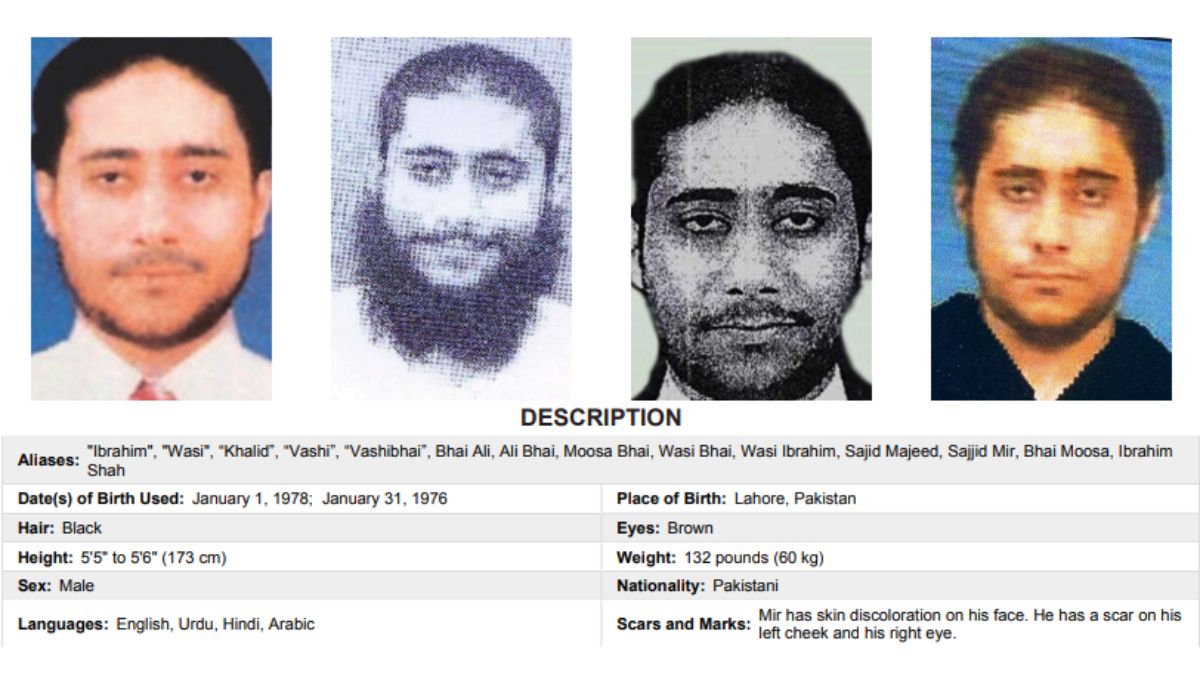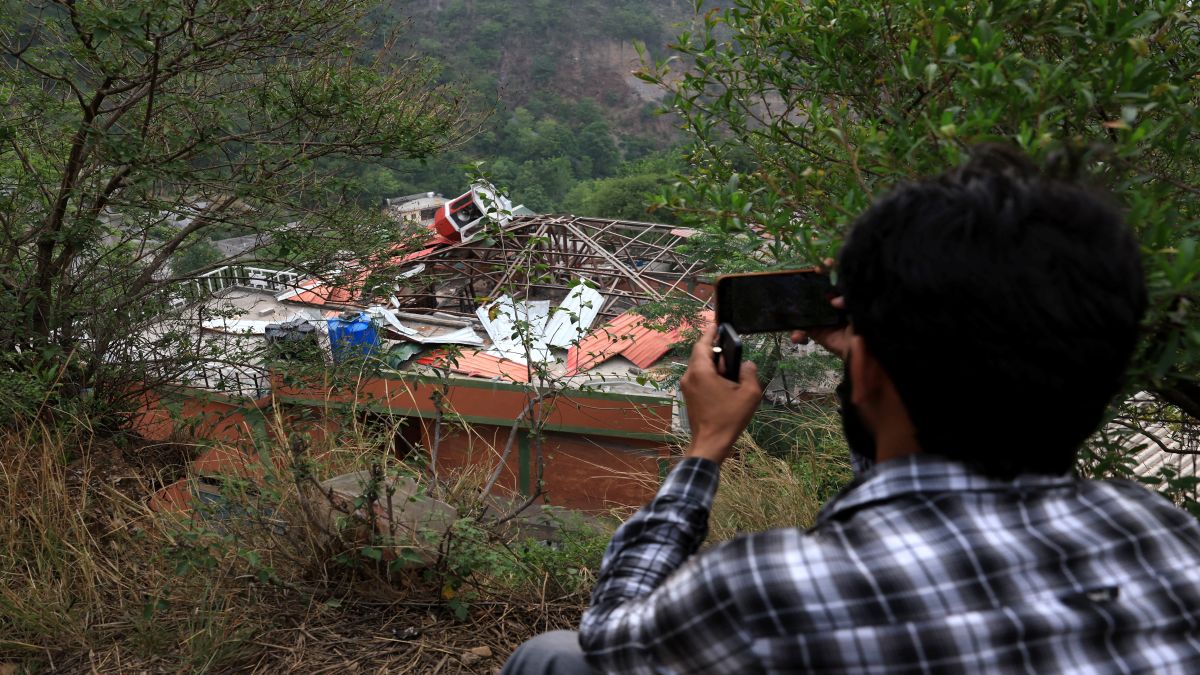With Operation Sindoor, India has raised the bar in the response to terrorism emanating from Pakistan.
While India struck one facility of Jaish-e-Mohammed (JeM) in Pakistan-proper in response to the Pulwama terrorist attack in 2019, India struck nine terrorist sites in the early hours of Wednesday, which included sites in Pakistan’s Punjab province — the heart of the country.
For JeM chief Masood Azhar, the mastermind of many acts of terror in India, the cost is personal. He has said in a statement that at least 10 members of his family have been killed in an Indian strike on a JeM facility in Pakistan’s Punjab’s Bahawalpur, including his sister and brother-in-law.
Even such a toll on terrorist leaders and punitive strikes in the heart of the country are unlikely to ensure any deterrence, according to counter-terrorism expert and author Abhinav Pandya.
“Pakistan is driven by a jihadist national ideology. You can only impose costs on Pakistan — greater costs every time. At best, you can reduce the frequency of aggression from Pakistan or terrorists supported by Pakistan. But, as long as Pakistan remains, the anti-India terrorist campaign would continue as a perpetual religious war with India is the foundational ideology of the Pakistani nation,” says Pandya.
ALSO READ: ‘It’s a mistake to think Pakistan is weak’: Counter-terrorism expert on Pahalgam attack
To be sure, Pakistan was indeed founded in opposition to India. For the artificial nation created from scratch, a religious war on India has been its national ideology since inception — even as it became a self-consuming pursuit.
‘If 4 wars didn’t deter Pakistan, one attack surely cannot deter it’
In the pursuit of its anti-India campaign, Pakistan has suffered great costs over the years and yet the campaign has continued.
In 1971, Pakistan was divided into two parts and yet it did not mend its ways.
Pandya tells Firstpost, “Pakistan has fought four wars with India not out of territorial ambitions but out of a jihadist motivation. If defeats in these wars, involving the defeat in 1971 when Pakistan lost one half of the country, did not establish any deterrence, then one round of airstrikes cannot establish deterrence.”
Such Indian actions are, however, required even if they cannot ensure permanent deterrence, says Pandya.
“India has rightly imposed costs on Pakistan. With Operation Sindoor, India has raised the bar and made sure that no one can deny the strikes this time. There is too much evidence. The message is also clear: if you would attack us, we would attack you and we would attack you closest to home,” says Pandya, who has authored books ‘Inside the Terrifying World of Jaish-e-Mohammed’, ‘Terror Financing in Kashmir’, and ‘Radicalization in India: An Exploration’.


)
)
)
)
)
)
)
)
)